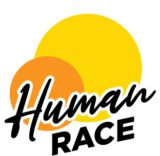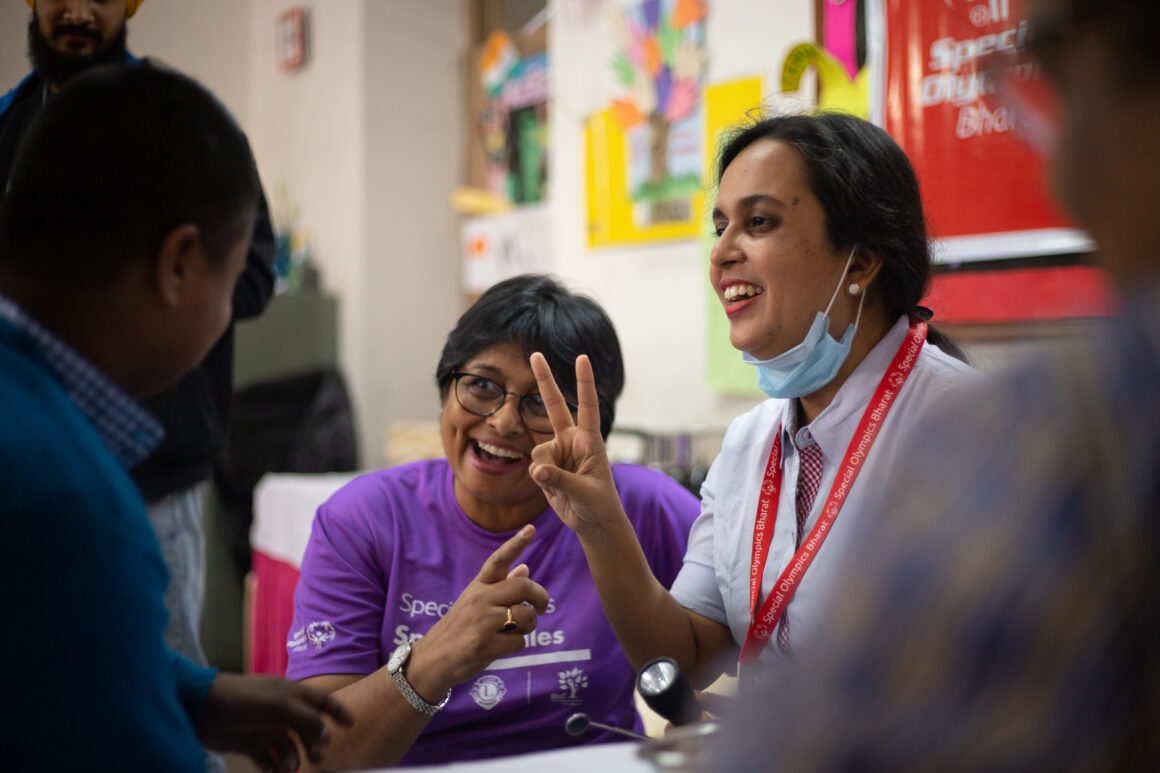“I will remember that I remain a member of society, with special obligations to all my fellow human beings, those sound of mind and body as well as the infirm…and may I long experience the joy of healing those who seek my help.” – Hippocratic Oath
For Bhavya Jain, the simple act of visiting a dental clinic – something most of us take for granted – was a major cause of fear and anxiety. For years, he didn’t have his teeth checked. Bhavya, who has an intellectual disability, refused to sit on the dental chair, and getting him to open his mouth for an oral examination was a challenge for his caregivers and for us, his doctors.
When I first met him, he was about 20 years old. Bhavya displayed hyperactive and aggressive behavior, and would often lash out and hit the people around him. It took patience, care, lots of time, and coaxing for my team of dental professionals to eventually win his trust, helping him overcome his fear and apprehension. We polished his teeth and did an extraction.
Today, Bhavya is 28. Through the sports and medical interventions of Special Olympics, he is a compliant patient and is able to undergo dental treatment without sedation and fuss. In fact, he returns every 3 months for his review very gladly.
There are so many Special Olympics athletes like Bhavya who remind me every day of the important work that needs to be done for people with ID. Changing attitudes is one of the hardest challenges to overcome – the perceptions of families, of society, and of the medical community.
Most doctors are not adequately trained on how to speak to people with ID and to deal with the health issues they face. They are often perceived as unproductive members of society, and healthcare providers may not feel the need to give the best treatment outcomes. It is essential that education of special care is instituted in the training of healthcare providers so that our young doctors understand that everyone has an equal right to health, love, and justice. When medical practitioners have the right mindset and skills in treating patients with ID, the results can be amazing.
I was introduced to Special Olympics in India by a friend, and have been volunteering as a clinical director since 2012. Today, I’m a Regional Clinical Advisor, providing training and advocating for equal access to quality healthcare for all. It’s been a meaningful decade, and I can confidently say that Special Olympics will always be a part of me.
In my first year as a volunteer, I was deeply disturbed that we were just doing dental screenings but not able to offer comprehensive follow-up treatments. We would occasionally detect a condition, and I would recommend they go for further treatment. But often, coaches and parents found it tough to travel to the clinics from where they live, some were troubled about the potential medical cost, or sadly, some parents were simply not interested.
I was determined to do more. In 2014, I started the Centre for Excellence for Special Care Dentistry at my school, the Divya Jyoti College of Dental Sciences & Research (DJ College). We signed a Memorandum of Understanding with Special Olympics Bharat and there’s been no looking back since.
Every week, my students treat dozens of Special Olympics athletes. It has been immensely satisfying to be a part of this process, where persons with ID are getting medical care free of charge, while at the same time, the students are sensitized to treating patients with special needs. The young doctors are trained to appreciate that everyone, with or without a disability, deserves access to quality oral health care. They learn that treating a patient with ID is not difficult as long as their hearts are in it.
I have since actively advocated for everyone to have equal access to quality healthcare across India. In 2016, I was thrilled when the President of the Dental Council of India issued a directive that more than 300 dental schools across the country will provide free dental treatment and preventive services to all Special Olympics athletes and people with ID.
Knowing that we are educating generations of dental professionals to treat thousands of people with special needs all across India has been beyond gratifying for me. Many of our patients with ID come from impoverished backgrounds and I’m glad that we are now able to provide treatment free of charge.
The athletes we treat in our school are loved by our undergraduate students, post-graduate residents, our faculty, and support staff. There is no athlete that we have not been able to treat – extractions, restorations (fillings placed on decayed teeth), oral prophylaxis (scaling and cleaning procedures), partial dentures, orthodontic corrections of crooked teeth are done, in addition to preventive methods of fluoride application, diet and oral hygiene counseling.
It is rewarding to see how the athletes have completely lost their fear of the white coat. Some have become friends with our students. It is common for patients these days to stay back after their check-ups to enjoy a round of unified sports and games with the medical students. We’ve even done book reading sessions together. There is a happy stir in the college whenever the athletes of Special Olympics visit.
Over the years, my students – both past and present – have volunteered actively. Some have graduated and returned as clinical directors, some are involved in Unified sports, while others are involved in Youth Activation and outreach. My students and faculty have also adopted 8 rural villages, reaching out to the most neglected and impoverished, to provide free dental screenings and treatments at schools for people with special needs.
When I first began my volunteering journey close to a decade ago, I thought I knew quite a bit about intellectual disabilities. But interacting so closely with the athletes of Special Olympics has been a completely eye-opening experience. What has moved me the most is their amazing ability to love unconditionally and so innocently. Being with them brings me such joy.
I hope the world can open our hearts and minds, and understand that people with ID have so much to offer. Just like all of us, they need love, care, hugs; they deserve justice, and the right to quality healthcare. I will continue to work towards a more equal and accepting world for all – this is my oath.

